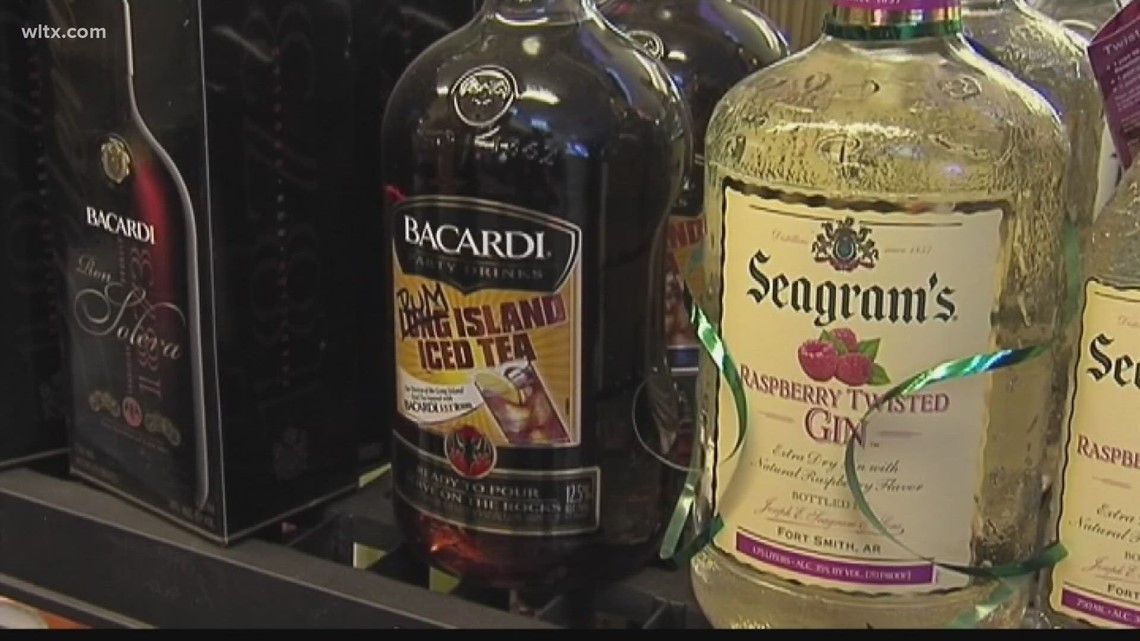Liquor liability rates rising in South Carolina

In 2017, South Carolina lawmakers passed a law requiring businesses holding liquor licenses to secure a minimum of one million dollars worth of coverage.
COLUMBIA, S.C. — At Vino Garage on North Main Street in Columbia, owner Doug Aylard gets little downtime.
“Business is really good. So, as usual, July and August were slow, but Labor Day came, and now we’re back to usual business,” says Aylard.
When Aylard first launched his business, his liquor liability insurance amounted to just under $6,000. This year, that figure has surged to at least $23,000.
“We can only absorb so much,” Aylard said. “I can’t hire two more people because my insurance rates went up so much. I would like to update some of my equipment.”
Aylard is not alone in grappling with this financial burden. A group of South Carolina business owners is pushing for reforms in liquor liability regulations due to a significant increase in insurance rates.
The root cause of this issue harks back to 2017 when lawmakers in South Carolina passed a law mandating that businesses holding liquor licenses must secure a minimum of one million dollars worth of coverage.
Aylard said under the law, even if a bar is 1% at fault, they can be held responsible for $1 million.
The measure’s intent was to safeguard victims of drunk driving and their families. However, Aylard says that rather than achieving this goal, the law has led to inflated prices and the closure of numerous bars.
“If the legislature genuinely seeks to support businesses,” Aylard says, “they should consider adjusting this law. I’m not advocating for its complete removal, but it should be modified to ensure fairness and equity for everyone, including both patrons and servers.”
Over the past four years, Aylard notes that several insurance agencies have pulled out of the state altogether.
“All the regular business insurance companies then left the state and all we were left with what was high-risk insurance companies which are always more expensive,” said Aylard.
Richland County Senator Dick Harpootlian said he does not support altering the law but instead advocates for holding insurance companies accountable.
“I believe that changing the law would only serve to provide a financial boon to those selling alcoholic beverages,” said Senator Harpootlian. “If insurance companies decide to withdraw from offering this type of coverage, our insurance department should follow Florida’s example and restrict their ability to underwrite other types of insurance here.”
The S.C. Justice Act, introduced by senior S.C. Sen. Thomas Alexander, R-Oconee, would amend several state laws governing the percentage of fault and liability.
H. 4529, the S.C. Save Our Venues Act, would prevent businesses from being held liable for injury, death or damage caused by an individual who became overly intoxicated as long as the business did not continue to sell alcohol to that individual beyond a reasonable level.
Neither bill gained any movement during the last legislative session and can’t be considered until lawmakers reconvene in January.
SC Venue Crisis is organizing a town hall event on September 19th at Tabz Grub and Pub in Lexington at 7 p.m.








